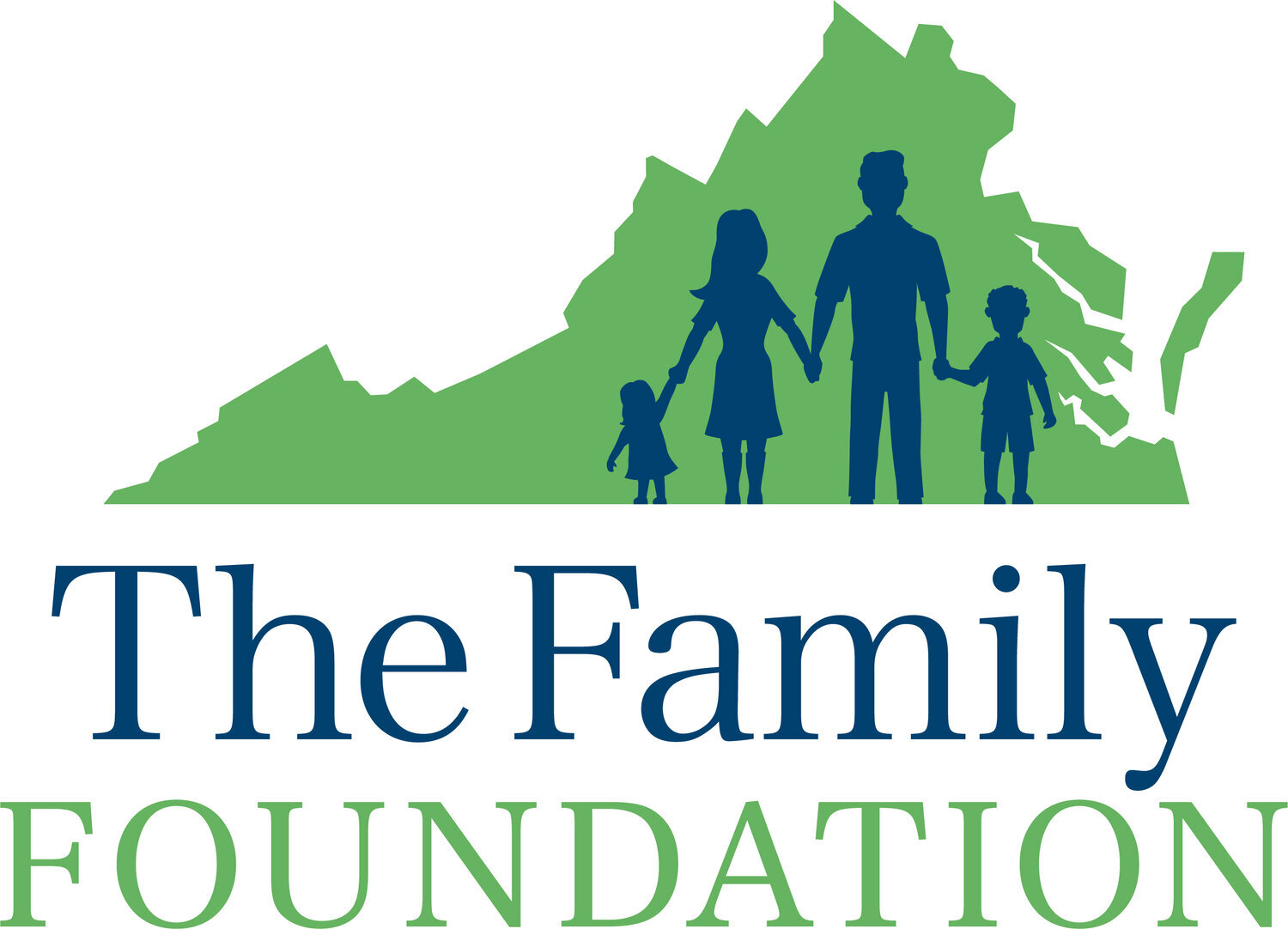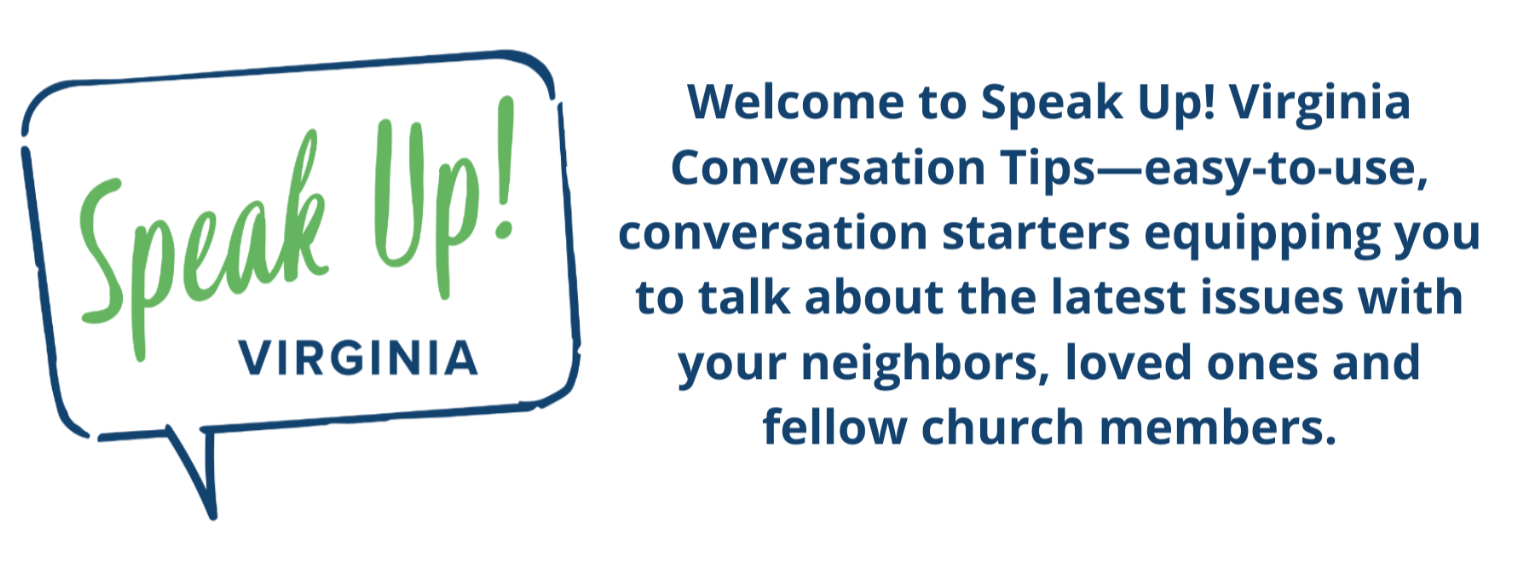Save 4,500 VA Kids Educational Future
We'll likely see renewed efforts to completely abolish Virginia’s only statewide, school choice program when the next legislative session begins in January. Why does that matter? For three key reasons: 1. During a traumatic COVID-19 season, it’s become painfully obvious that kids and families need more educational options, not less. 2. We can’t afford to keep kids trapped in low-performing schools for the sake of protecting adult agendas. If this program is eradicated, more than 4,500 kids from low-income households will be yanked out an educational environment that‘s helping them thrive. 3. In light of legislation that has consistently undermined Virginians' parental rights and religious freedoms, we need to strengthen school choice options, not weaken them.
Despite all those realities, you can expect the usual propaganda claims that school choice hurts public schools. Below is a sample Q&A to help you counteract those myths:
Question: When Virginia is already struggling to adequately fund teachers and classrooms, doesn’t it make sense to end a program that diverts money to private schools?
Answer: Let’s first address the assumption that this program (EISTC-Education Improvement Scholarships Tax Credits) takes money away from public schools. The fact is, when a student leaves a public school for any reason, the state no longer spends money allocated to educate that particular child. For instance, when a family decides to move and attend a school in another state—you wouldn’t accuse them of taking money from the previous state's public school. In short, per pupil funding from the state that a locality loses is made up by the fact there’s less local education expenses needed for that student. Consider also that the EISTC program is privately funded by donors who give to scholarship foundations, which then award the scholarships directly to families who’ve applied. So it simply doesn’t logically follow that this program equates to taking state funds from public schools. In fact, state taxpayers actually end up saving money with this program: Virginia provides a 65 percent tax credit for every dollar donated and requires at least 90 percent of the donated amount to be used for scholarships. That means for every 65 cents the state foregoes in tax revenue, it’s expected that the state would also save 90 cents in state education expenses—which equates to net savings to state taxpayers
Also, despite increased funding over the years for Virginia public schools (it now costs $12,000 on average to educate just one Commonwealth public school student), achievement scores for our public-school students have significantly declined. If money were the educational cure all, surely we would have seen the benefits by now. Why, then, eliminate one of the only options that allows low-income, struggling children to escape from low performing schools?
Question: Our state has already suffered in the struggle to fight social injustice and protect civil rights; doesn’t this program only further segregate our schools?
Answer: This is an upside down argument when you think about it. Because it’s often minority children who suffer the most from limited education options due to zip code or lack of income—or a lack of opportunities to even hear about other options. Let's consider another question: If kids are trapped in a low- or under-performing school, are you saying that they shouldn't be allowed to escape a system that is failing them—while families who can afford to do so continue to access better options? Does that mean, as a result, only underprivileged children are forced to wait a decade—or longer—for us to fix their public schools, while others can escape? At its heart, the argument that kids should stay trapped in low-performing or unsafe schools to protect a larger “system,” is an adult-centered perspective and risks becoming its own form of bigotry.
It’s also worth noting: A review of 10 empirical studies reveals that nine “of those studies find school choice moves students into less racially segregated classrooms. The remaining study finds school choice has no visible effect on racial segregation. None finds choice increases racial segregation.”
Question: This tax credit scholarship program includes a lot of religious schools—isn’t that a violation of separation of church and state?
It’s important to understand who’s actually making the choice in this program: The families of children who need a scholarship apply directly to their choice of participating scholarship-granting foundations. Recipient families then use the scholarships to select the school that best meets the unique needs of their child—whether religious, classical, or tailored to address certain special needs, etc.
No school gets scholarships directly. And the parent and child are making the educational choice —not the government—which means it does not constitute a violation of separation of church and state. As long as the government is remaining neutral and allowing the families to make the choice, there is no constitutional problem. That principle has been backed by multiple courts all the way to the U.S. Supreme Court level—most recently, through the high court’s Espinoza vs. Montana Board of Review decision, ruling that a state cannot discriminate against religious options in a school scholarship program. The Supreme Court dramatically strengthened religious freedom in America by deciding in favor of three low-income Montana moms who wanted to use a state scholarship program so their children could attend Christian schools.
Rather than being a so-called violation—EISTC is actually one of the strongest and purest ways to empower Commonwealth families with true choice and strengthen religious liberty. It equips parents with a way to choose a school environment that best respects and aligns with their family’s values. And we all know that’s becoming crucial in a culture that constantly assaults the innocence of our children and fails to cherish basic American civics. We'll need your help to protect and defend this key program for all Virginians, so stay tuned for alerts as we get closer to the 2021 General Assembly.
To dig deeper, read:
Espinoza: States Schools Can’t Exclude Religious Schools
Democrats to Repeal School Choice
Virginia’s Education Improvement Scholarship Tax Credits
12 Myths and Realities about Private School Choice Educational Programs




